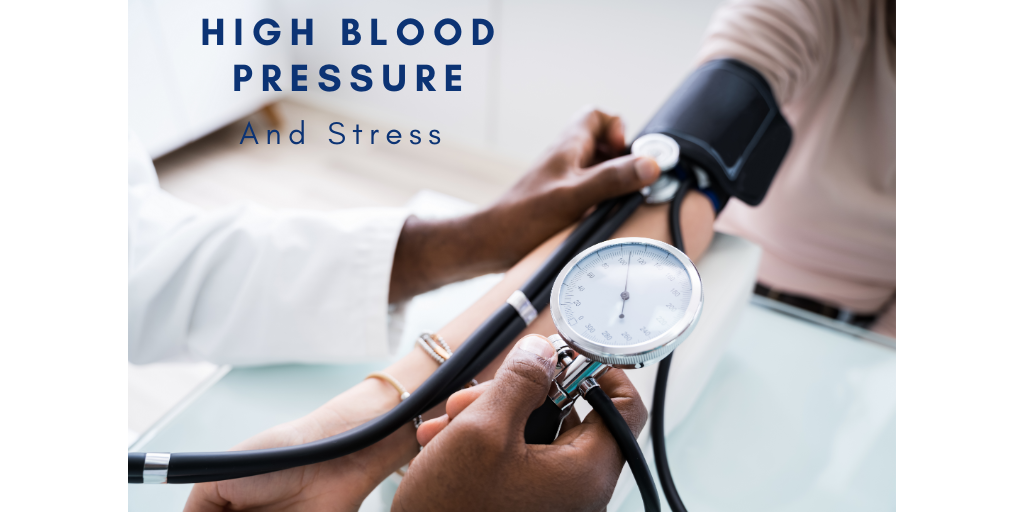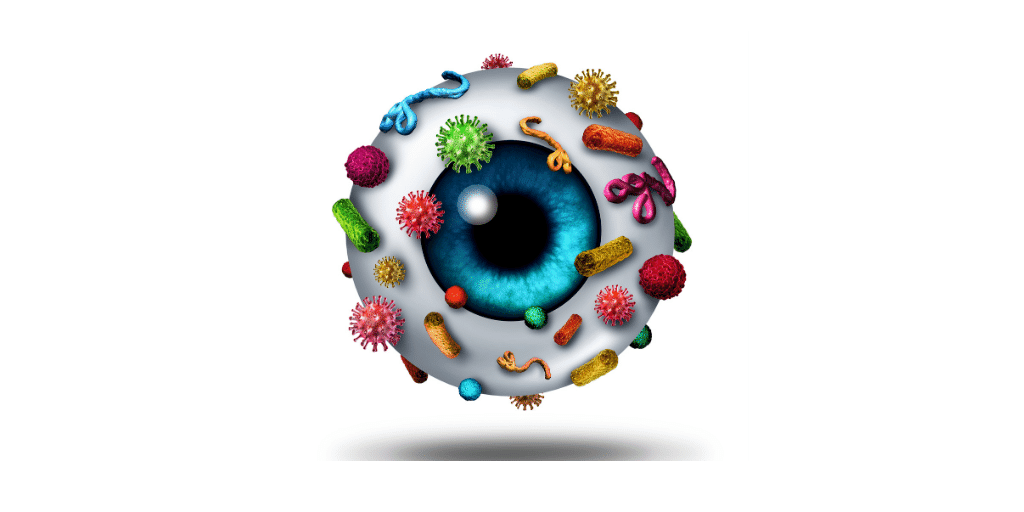The Connection Between Stress and Colds:
There are some connections between having a cold and stress. Although it is important to note that colds are caused by a number of things. The focus here is answering the question of can stress cause cold symptoms? The simple answer is yes, but we all know things are not always that simple. The link between stress and catching a cold suggests that psychological stress defines whether a cold is triggered. A cold is ultimately a virus, however being stressed often does not lead to having a cold. This link is more based on long term factors including:
- Chronic Stress
- Toxic Stress
- Episodic Stress - Caused by frequently having acute stress
Most importantly Psychological stress can trigger the cold virus. Psychological stress includes:
- Mental “Stress”
- Emotional “Stress”
- Physical “Stress”
These types of stressors becomes prolific when the pressures of daily responsibilities become extremely overwhelming, this can be at work, with family, financial strains, Other factors include:
- Life adversities
- Environmental conditions
- Poverty
- Inequalities such a racism, discrimination
- Social health
As well as serve cases like cancer of an individual, loved ones. These factors all can cause stress. Again although this can indeed cause cold symptoms to appear it’s not always a reflective way to understand the trickle effects presented by symptoms of stress.
What Happens to The Body During Stress:
When we experience stress the body emits hormones like epinephrine and norepinephrine. Epinephrine is essentially adrenaline which transforms reserves of sugar and nutrients carried in cells through muscles and other organs. Ultimately Epinephrine is a hormone whose role within the body is important. It's how your mind determines if a person responds to life in a fight or flight manner. Released through the glands, and a chemical messenger which transmits nerve signals across other nerve cells.
Whereas norepinephrine focuses on the brain and spinal cord. This helps maintain a person's blood pressure when stressed. So in this instance can stress cause cold symptoms? Well high levels of norepinephrine can be linked to health conditions which encounter high levels of epinephrine including colds. There are others health conditions such as:
- High Blood Pressure
- Irregular heartbeat
- Extreme headaches
- Discoloured skin
The release of norepinephrine happens in the adrenal glands. Which is reflected by the exchange we know as flight or fight. Norepinephrine improves vigilance, stimulation and attention levels. It also affects sleep patterns, mood and memory.
When Chronic Stress is identified the body responds to stress by preventing the body from appropriately managing inflammatory reactions. This in itself can cause cold symptoms. Usually lengthy periods of stress are more likely to cause colds.
Overall researchers have linked the level of stress a person feels to the way their body may be affected. This can include tummy pains, the body is built to respond to what's happening externally. The brain sends signals throughout the body to the nervous system in response to the level of stress felt.
The Immune System and Stress:
Low immune system from the causes of stress can affect your overall health. The body is made up of billions of cells, B cells and T cells. These cells travel through our blood moving in and out of organs and tissue. Having a healthy immune system can reduce the possibilities of catching a cold and other virus-like sicknesses like the flu. Creating a barrier that defends the body can reduce unwanted bacteria, viruses and cancerous cells. Prevention is better than cure so reducing the way you respond to stress can have a positive effect on your overall health. So the question can stress cause cold symptoms becomes relevant as having lower defences to shield you from colds present the risk of unwanted infections. With inflamed properties within the body the immune system can become stressed in itself which then leads our brain to fight for a solution to help shield and/or create resistance.
There is a ripple effect when you don't deal with the stressors that can come with life, New’s Medical cites a connection between poor immune responses and sickness. When we present signs of stress naturally the immune system’s ability to withhold antigens gets lower. When this occurs movement of monocytes lymphocytes slow down making transitioning from organs into the bone marrow harder to complete. Which again can affect your immune system and leaves your body stressed.
Corticosteroid which is the stress hormone is subdued in potency lowing the needed amount of lymphocytes which then has an affect on our immune systems.
Tapping into what is considered unhealthy methods like drug use, smoking and alcohol reduces the way the body’s defences are triggered, prolonging all avenues to getting better. This trickle effect means that we begin to ask can stress cause a cough or other illnesses such as a sore throat, and headaches? Simply put, when the immune system is compromised, infections and illnesses find it easier to enter the body which in itself creates stress in the body. So even if you are not displaying symptoms of stress, the body becomes stressed in fighting for recovery which isn’t helped by having unhealthy habits, and eating foods high in refined sugars.
All these factors link stress to the immune system and vice versa. Your immune system is connected to the flow of anti-inflammatory responses and connecting to the source of your stressors can help you find the defence needed to improve your immune system which then has a positive impact on your overall health.
As you may be starting to see, stress can affect many areas of your life including your health, mental and psychological make up.
Respiratory Linkage - Stress can reduce your ability to breath, making your body work harder to inhale. This can become worse for those who have asthma or lung disease. The source of stress is important to understand so that you can prevent:
- Hyperventilation
- Panic Attacks
- Dyspnea
News Medical Life Sciences goes into extensive details on the link between the immune system and stress.
The Role of Cortisol in Cold Symptoms:
Can stress cause cold symptoms which then reduces the effectiveness of cortisol? Cortisol are two small glands located above the kidney. Constructed by the glucocorticoid hormone, these are chemicals which help the body function by sending signals through the blood to your organs, skin, muscles and other tissues. Making Cortisol a critical hormone that influences most organs and tissues in the body. The importance comes to life in your body’s stress response, metabolism, reducing inflammation, synchronising blood pressure, blood sugar and sleep cycles. When these factors are repressed your body can be exposed to cold-like symptoms.
Cortisol levels being too high or low can be serious. High levels can cause high blood pressure, lower levels can trigger low blood pressure. Getting back to normal levels can happen through the control of blood sugars. Prioritising healthy eating which includes fruit, vegetables and plenty of water as well as regular exercise. If levels remain high or low consult your doctor who may instruct insulin to be taken. By now we start to see how stress is linked to our bodies' responses in fighting infection.
Receptors which run through all tissues in the body can affect your immune system and other systems such as nervous, respiratory, muscular, reproductive and cardiovascular. Controlling the stress you may experience through your fight or flight responses will help determine a solution. This means identifying the cause of stress, to stop you from getting caught out by illnesses such as colds.
There are tests you can take to better understand your Cortisol levels. This can be achieved through blood, saliva or urine.
Coping Strategies for Reducing Stress and Cold Symptoms:
With stress having the ability to trickle into other areas of our lives and affect your immune system, the question can stress cause cold symptoms leads us to suggest ways to cope with the symptoms of stress to prevent cold like symptoms. The best way to cope is to first understand what the cause of the stress is, with this you can begin to find the appropriate solutions to combat associated stress factors early on and prevent any cold like symptoms from appearing in the first place.
A cold is ultimately a virus and viruses can pass through our systems relatively quickly if we take the right steps. Low stress is the best way to reduce the risk of catching a cold. Unresolved tension that increases stress levels don't disappear over night, but there are tactics to take note of to help put yourself in the best standing:
- Understand the stressors
- Admit that you are stressed
- Create healthy habits - Eat highly nutritious food, fruit, and plenty of water
- Vitamins - Include these in your day to day
- Keep Active - Determine what that means to you, exercise, walks, yoga, holistic (meditation), etc.
- Sleep - Make sure you are rested so you can compete at your best daily
- Reduce substances - Drugs, Alcohol
The worst thing to do when you feel the pressures of stress is to lean on substances, completely remove these things and take care of what the symptoms of stress present. Substance abuse is a way of running away from your responsibility to take the steps in order to get better. This also lowers your immune system and makes it easier for illnesses to seep in like colds, sore throats, coughs, etc.
Researchers suggested a link between chronic mental stress and illness. Finding ways to remain calm even with things that may be out of your control is said to help drive better coping mechanisms. Finding ways to do so can help relieve the stress felt. With Cortisol helping to prevent inflammation and disease with the release of hormones. The effectiveness of these constant releases significantly decreases when the immune system is compromised. So breathe, understand what is going on and plan the fight to get back.
When cold like symptoms appear due to stress there are some ways to reduce the risk of that cold getting worse:
- Handwashing - Wash your hands regularly
- Dispose of used tissues quickly
- Cover your mouth when coughing and sneezing
- Stay away from people - As much as possible isolate yourself - pick up the phone instead
- Refrain from touching you eyes, nose and mouth
- Healthy Habits - Sleep, stay active, understand your stress, plenty of water, nutritionally high foods.
Conclusion: Wrapping Up the Link Between Stress and Colds:
In short we’ve answered the question: can stress cause cold symptoms? The short answer is yes, however there are other factors to consider including the level of stress, which can affect your immune system making it easier for viruses to enter the body. Equally there are various type of stress:
- Chronic
- Toxic
- Episodic
Which then can affect your mental, emotional and physical state. Adversities presented by life can be hard to combat. There are healthy ways to identify these factors so you can prevent stress from leading to a cold. The body has a way of dealing with stress through the release of epinephrine and norepinephrine. Cortisol is a critical hormone that influences the organs and tissues in the body, so making sure your cortisol levels are healthy can help reduce exposure to illnesses such as a cold.
Find healthy ways to cope with stress to help reduce the risk of exposure, knowing means you can plan the best way to cope with stress to prevent from triggering cold-like symptoms.
We’d love to hear your thoughts, Kloc-in and join our growing community.




